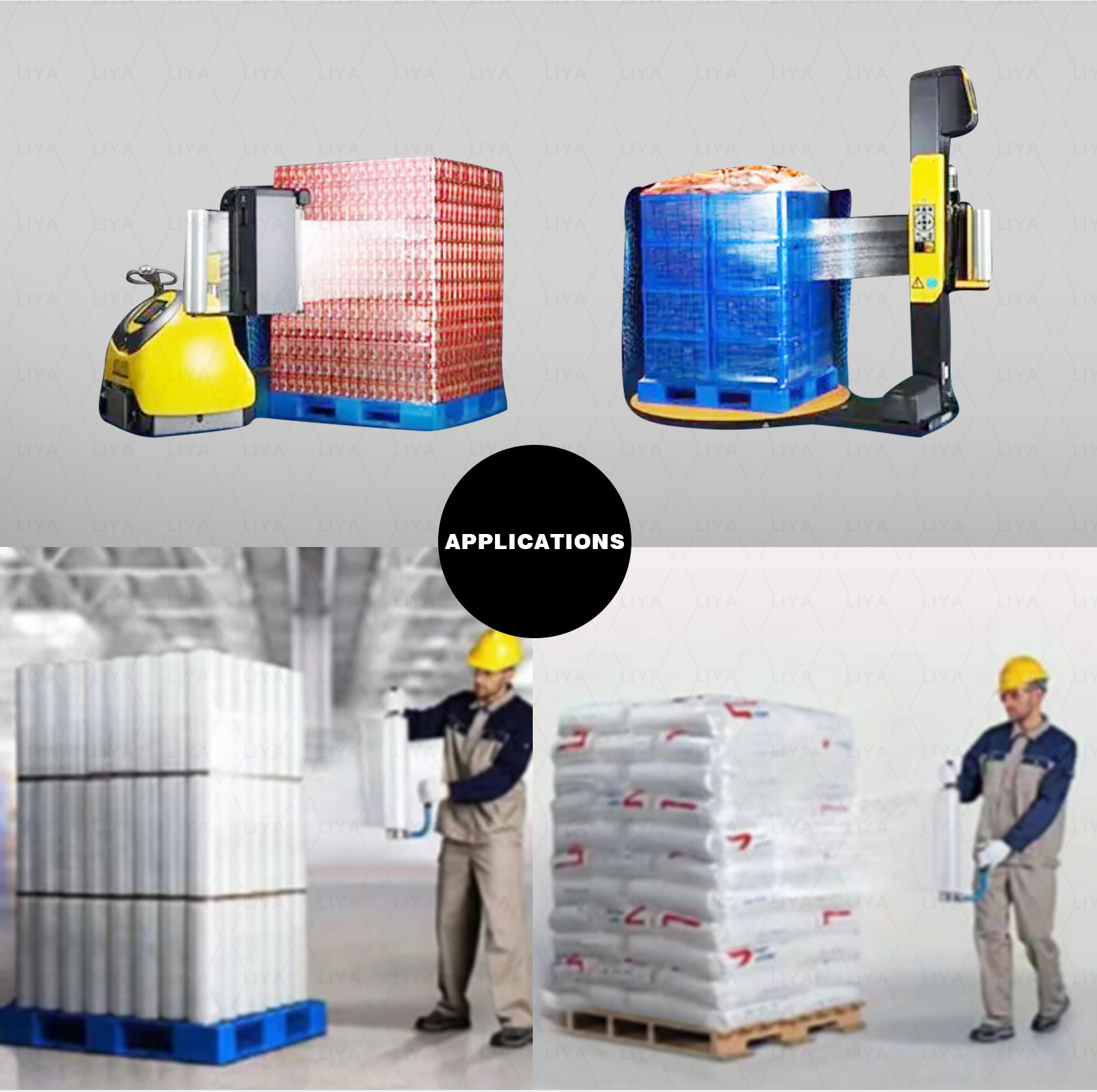Eco-friendly Starch-Based Bags for Sustainable and Biodegradable Packaging Solutions
The Rise of Biodegradable Starch Bags A Sustainable Solution for a Greener Future
In an era marked by increasing environmental awareness and a growing urgency to address plastic pollution, biodegradable options are gaining prominence across various sectors. Among these alternatives, biodegradable starch bags have emerged as a viable and sustainable solution. These bags, made primarily from natural starches derived from corn, potatoes, or tapioca, offer a significant reduction in environmental impact compared to conventional plastic bags. As the world grapples with the consequences of plastic waste, the adoption of biodegradable starch bags presents an important step toward a more sustainable future.
Understanding Biodegradable Starch Bags
Biodegradable starch bags are designed to decompose more quickly than traditional plastic bags. While conventional plastics can take hundreds of years to break down, starch-based bags can decompose within months under the right conditions. This accelerated biodegradation process is primarily due to the natural composition of starch, which microorganisms readily consume, enabling them to convert the material into carbon dioxide, water, and biomass. The primary components of these bags—starch and biodegradable additives—make them an eco-friendlier option for consumers and businesses alike.
Environmental Benefits
The environmental benefits of biodegradable starch bags are manifold. First and foremost, they significantly reduce plastic waste in landfills and oceans. Plastic pollution has devastating effects on wildlife, marine ecosystems, and human health. By opting for biodegradable bags, we can mitigate these harmful impacts. Additionally, starch bags contribute to the reduction of greenhouse gas emissions. Traditional plastic production involves fossil fuels, which release significant amounts of carbon dioxide and other pollutants into the atmosphere. In contrast, the production of starch-based bags harnesses renewable resources, thereby lowering our carbon footprint.
Furthermore, agricultural byproducts, such as cornstarch, often serve as the raw materials for these bags. This circular use of resources promotes sustainability within the farming industry and reduces dependency on fossil fuels. As consumers increasingly demand eco-friendly packaging, the growth of the biodegradable starch bag industry represents a shift toward more responsible resource management.
biodegradable starch bags

Challenges and Limitations
Despite their numerous advantages, biodegradable starch bags are not without their challenges. One significant limitation is their life span and durability. Biodegradable bags may not hold up as well as traditional plastic bags when faced with moisture, heat, or heavy loads. Therefore, they may not be suitable for all applications, particularly those that require high strength and durability. Additionally, the decomposition process can be affected by environmental conditions. For instance, while they can break down rapidly in industrial composting facilities, they may not decompose as effectively in a landfill environment, where conditions are less optimal.
Consumer education also plays a crucial role in the effective use of biodegradable starch bags. Many individuals may not be fully aware of the best practices for disposing of these bags to ensure they decompose properly. Companies must invest in educating their customers about the correct disposal methods, whether that involves composting or recycling, to maximize the environmental benefits.
The Future of Biodegradable Starch Bags
Looking ahead, the future of biodegradable starch bags appears promising. Innovations in materials science are continually improving the performance of these biodegradable options. Ongoing research aims to enhance the strength, durability, and barrier properties of starch bags, making them more competitive with conventional plastics.
Moreover, consumer demand for sustainable products is driving businesses to adopt eco-friendly practices. As awareness about the environmental impacts of single-use plastics continues to rise, more companies are committing to using biodegradable packaging solutions, including starch bags. This trend not only satisfies consumer preferences but also enhances brand reputation and competitiveness in the market.
In conclusion, biodegradable starch bags represent a significant advancement in the quest for sustainability. While challenges remain, the advantages of reduced plastic waste and lower carbon emissions make them a compelling choice for environmentally conscious consumers and businesses alike. As we move toward a more sustainable future, embracing biodegradable options like starch bags will play a crucial role in combatting plastic pollution and promoting a healthier planet for generations to come. Through collaboration between industry stakeholders, policy makers, and consumers, we can foster a culture of sustainability that prioritizes the health of our environment.
-
Self Seal Bags: Secure, Clear, and Customizable Packaging for Every IndustryNewsAug.15,2025
-
Paper Cups: Bulk Solutions for Events, Cafés, and Eco-Friendly ServiceNewsAug.15,2025
-
Laminated Bags: Durable, Customizable Packaging for High-Impact BrandsNewsAug.15,2025
-
Grocery Bags: Smart, Sustainable, and Scalable Solutions for RetailersNewsAug.15,2025
-
Drawstring Bags: Versatile, Customizable, and Cost-Effective for Bulk UseNewsAug.15,2025
-
Disposable Gloves: Wholesale Solutions for Safety, Hygiene, and EfficiencyNewsAug.15,2025
-
Have the freedom of customizing your custom mailers any way you want! Our dedicated packaging support will help deliver you the mailing experience you need to elevate your shipping experience to the next level! Start making a strong impression on your customers and stand out from your competitors! -
LIYA uses high quality raw materials which directly purchased from large enterprises domestic and overseas such as PetroChina, Sinopec, Sabic, Equate, ExxonMobil, Dow Chemical, Total, and Borouge, ensuring the price advantage and quality of the raw materials. -
LIYA uses high quality raw materials which directly purchased from large enterprises domestic and overseas such as PetroChina, Sinopec, Sabic, Equate, ExxonMobil, Dow Chemical, Total, and Borouge, ensuring the price advantage and quality of the raw materials.





